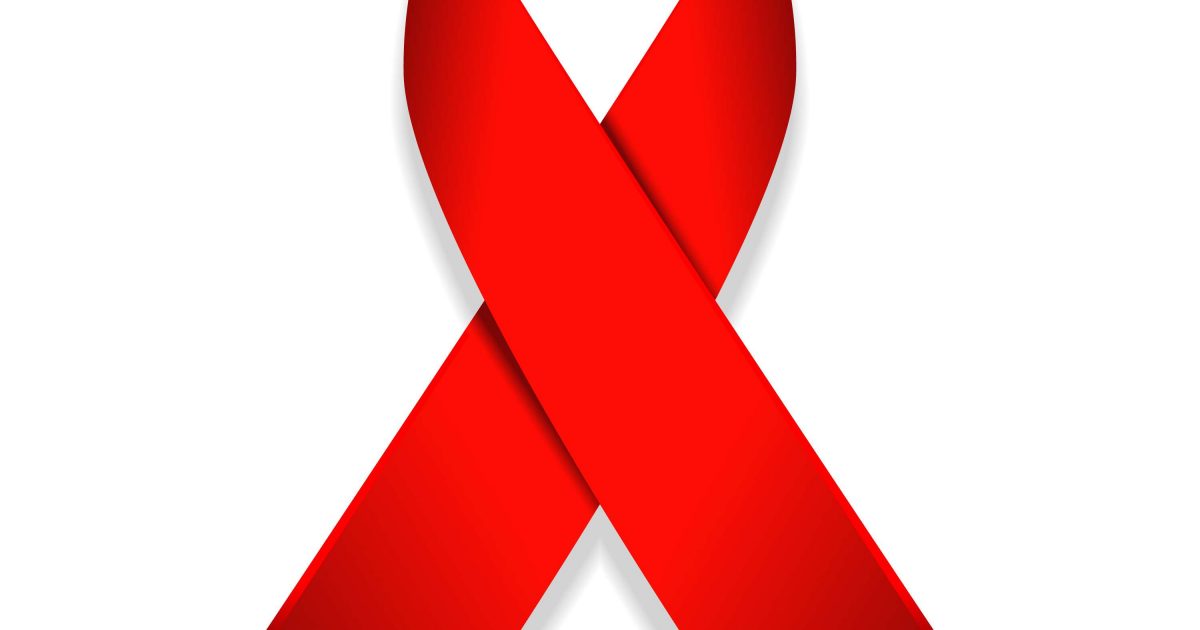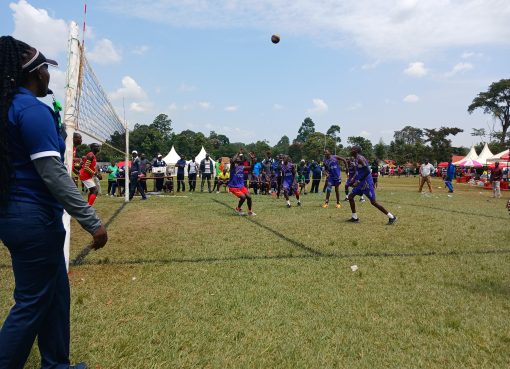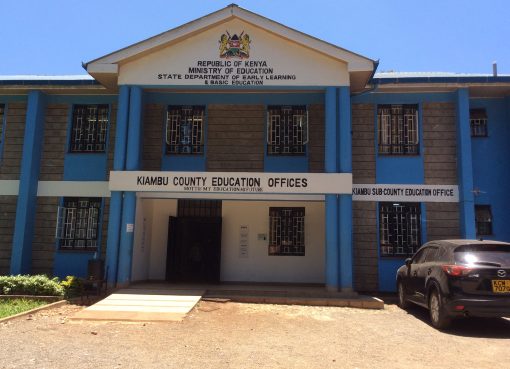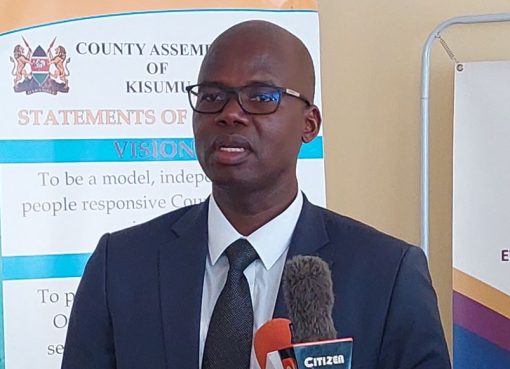Thirty-five (35) year old David Mwangi is one of many Kiambu residents living with HIV/AIDS, a viral disease that affects the human immune system and is caused by the HIV virus.
The disease can be spread through body fluids of an infected person which includes blood, breast milk and semen. It can also be spread from a mother to the child during birth.
For Mwangi, Hope is the name of the game as he says that ‘believing life to be worth living at the present and in the future is what drives him especially when he reflects that his generosity, a heart of service and help is what brought about the disease that he now has to live and contend with.
Giving his story to KNA, Mwangi says his is a unique way in how he contracted HIV.
“I work in a business of selling electronics around Eastern by pass in Ruiru/Thika road. On a Wednesday afternoon, as was going about my work in the shop and all of a sudden, I had a bang and rushing out of the shop saw two vehicles had collided head on a few metres away,” he said
Mwangi continues “One of the vehicles was badly damaged and was carrying two passengers who were seriously injured. Upon seeing this, I immediately rushed to help the victims in order to save their lives,” he stated.
He says, the accident victims were alive and bleeding heavily and that he never hesitated or even thought twice about helping them despite a wound he had on his palm that was in the process of healing.
“My rush to help forgot completely that I had a wound in the hand and me helping the victims without gloves saw my hands in contact with one of the victims who was HIV positive and that is how easily I contracted the disease, he continues to explains
Two weeks after helping the two accident victims, Mwangi said he began experiencing headaches, fever, and muscle aches which made him visit the hospital and after several tests were conducted, he was diagnosed with HIV. ‘I did not know that rescuing accident victims could result in me contracting the disease. I felt alone, ashamed, and scared to tell anyone,” Mwangi stated.
Mwangi shared that after his diagnosis, he felt inferior and unworthy in the world, and his own family also did not want to believe it as true since HIV according to most people is gotten through sexual intercourse.
However, Mwangi says that after soul searching and seeking even more opinion from medics, he was referred to a hospital counselor for a session.
The fear of stigma associated with HIV/AIDS, especially in his community, where ignorance and misinformation were prevalent were making him not only think of committing suicide but also wonder how he would be able to leave in that condition and with the same community he had lived with for over 10 years.
After the session, though, his fears dissipated, and he came to terms with his diagnosis, feeling ready to begin his treatment.
“The hospital counselor had to convince me that life had to go on, as I had children to raise. She told me that contracting HIV was not the end of my life and that I should accept it as just bad luck and come to terms within and begin treatment,” he said.
At the hospital, Mwangi explained he was put on medication, instructed on how to take it and also on eating healthier foods to boost his immunity.
“The doctor told me that failing to eat healthier foods could cause the antibiotics to make me even sicker or leave me susceptible to other diseases. I was instructed to take antibiotics every day without fail. Once the antibiotics were over, I was supposed to return to the hospital to get more, as they are free at health facilities,” Mwangi added.
As an HIV/AIDS patient, Mwangi says he has faced a lot of challenges especially side effects brought about by the antibiotics given but he quickly says he has learnt to live with it and even attend a lot of counselling sessions.
The counselling has somehow helped but there are moments that I still feel insignificant and worthless wondering why I had to get this disease and yet I was just trying to rescue an accident victim.
Mwangi who has now returned to his village in Kagoya, Kiambu Sub County has now settled down, and coping with his situation as it is though not normal way he would have wanted to live.
Dr. Francis Chege, a doctor at Kiambu Level 5 Hospital said HIV should not be a death sentence and should not make one feel like they can longer live,
“Although HIV should not to be taken lightly, modern treatments, the diagnosis is no longer a death sentence and one should be live and be a productive person in the society”, he adds.
Dr. Chege emphasized on the importance of regular HIV testing for all and especially the youth who are between 15 and 25 years and being predominantly affected because of risky living and behaviour.
“It is not necessarily required for one to have engaged in sexual activity to contract the virus. Mwangi’s story is a true testament that one can contract HIV even by rescuing individuals involved in an accident and even blood transfusions”, he explained.
Dr. Chege urged residents of Kiambu to get tested for HIV and know their status. I want to encourage the youth of Kiambu to take care of themselves and understand that HIV does not have a cure and should take precaution and protect their health
For a person like Mwangi whose diagnosis came from an unfortunate circumstance, Dr. Chege emphasized on continuous antiretroviral therapy (ARVs), treatment which helps strengthen the immune system and manage the progression of the disease.
He also urged Kiambu residents to support those who are living with the virus but also cautioned and advising them to avoid actions that could lead to contracting the disease. If you are helping someone who has been involved in a road accident, please wear gloves. Additionally, if you are receiving a blood transfusion, ensure that the doctor has properly screened the blood. By taking these precautions, we can further reduce the number of HIV/AIDS cases,” Dr. Chege emphasized.
“The Kiambu County Government, in collaboration with the National Government, has made HIV medication free at all health facilities and the antibiotics are also provided at no cost. As a result, all HIV positive patients can visit any health facility to collect their medications,” Dr. Chege stated.
The number of HIV positive patients reported at Kiambu Level 5 Hospital has been decreasing Dr. Chege said adding this show that people within Kiambu Sub- County are following the precautions provided by the Ministry of Health.
In December 2023, Kiambu Governor Kimani Wamatangi reported that the HIV/AIDS prevalence rate in Kiambu County had dropped from 2.3 percent to 2.1 percent with the number of cases decreasing from 729 in 2022 to 547.
The County government has been going round providing education among communities through seminar and encouraging residents to participate in the upcoming commemoration of the World Aids Day on December 1st where information is shared and also free testing is offered to residents.
The theme for AIDS 2024 is “Put people first!” and the social campaign are running that is encouraging people to share their stories using the hashtag #PutPeopleFirst.
By Benson Kamau





